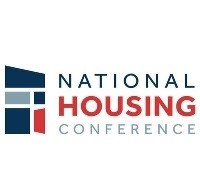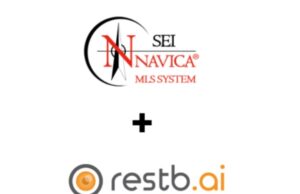Community leaders call for new approach to Baltimore’s economic and community development
Public investment needed for housing, jobs
Washington, D.C. – January 29, 2015 – (RealEstateRama) — The Baltimore Housing Roundtable today released the report Community + Land + Trust: Tools for Development Without Displacement. The report details how Baltimore’s development policies have failed to create affordable housing and good paying jobs for low-income residents and offers an alternative vision that prioritizes human rights and human needs. The Public Justice Center is a member of the Roundtable.
At a launch event today, the Baltimore Housing Roundtable announced the report’s 20/20 vision to create permanently affordable housing, employ city residents, strengthen Baltimore neighborhoods, and restore trust:
- Commit $20 million in public bonds or other revenue sources annually to invest in non-profit and Community Land Trust (CLT) housing through an affordable housing trust fund, and $20 million annually to deconstruct vacants, hire returning citizens and create green space and opportunities for urban agriculture.
- Establish a Land Bank (already authorized by city charter) to dispose of vacant properties or empower the Vacants to Values program to acquire properties for CLT development.
- Strengthen and enforce local hiring provisions so that city residents are trained for employment in deconstructing and rehabbing vacant property, with priority given to citizens returning from incarceration.
- Support community leaders and other stakeholders in drafting and implementing community master plans, obtaining technical support, and ensuring participation by a diverse group of those most impacted by development decisions.
“We are very excited about this new approach as an opportunity to engage further in a long overdue conversation that recognizes the history of segregation, displacement and disinvestment in Baltimore and proposes practical solutions that empower residents to take the lead in meeting community needs and realizing a human right to housing and development,” said Public Justice Center attorney Matt Hill.
Baltimore’s current approach to economic development has left the city in crisis. The combination of race-based segregation in housing, deindustrialization, law enforcement practices, and speculative real estate investment has disproportionately affected Black families in Baltimore, curtailing their access to good jobs and affordable housing. Public subsidies for private investors have produced rising housing costs without rising wages, making it difficult for many people to afford their housing.
The Baltimore Housing Roundtable calls for a new approach to community and economic development. One tool in this new approach is to support Community Land Trusts. “Like Project CORE we are focused on vacant property, but we want to ensure and preserve affordability and ensure local employment as well. Community Land Trusts create housing and small business opportunities while safeguarding against displacement,” stated Danise Jones-Dorsey, member of the North East Housing Initiative.
Maryland is home to several Community Land Trusts, including two in Baltimore (North East Housing Initiative and Charm City Land Trusts) as well as a handful of communities expressing interest in joining or establishing CLTs across the city. CLTs are a proven form of housing and economic development that creates private homeownership and rental opportunities, where resale prices are kept reasonable and affordable. Land for neighborhood development is controlled by the community. The structure brings communities together, retains public subsidies in the neighborhood, and has a better track record than other first-time homeownership programs for low-income buyers. There is a need for public investment in CLTs to restore trust in communities and create jobs and homeownership that will stabilize neighborhoods.
The Baltimore Housing Roundtable brings together homeowners, renters and people who are homeless, non-profit developers, community associations, religious institutions, policy experts, university faculty around the human rights values of universality, equity, participation, transparency and accountability for the purpose of transforming community economic development. The Roundtable’s mission is to build a Baltimore City where everyone has the right to housing that is affordable, habitable, secure and accessible, and the right to equitable community and economic development. The Public Justice Center is a member of the Baltimore Housing Roundtable.













